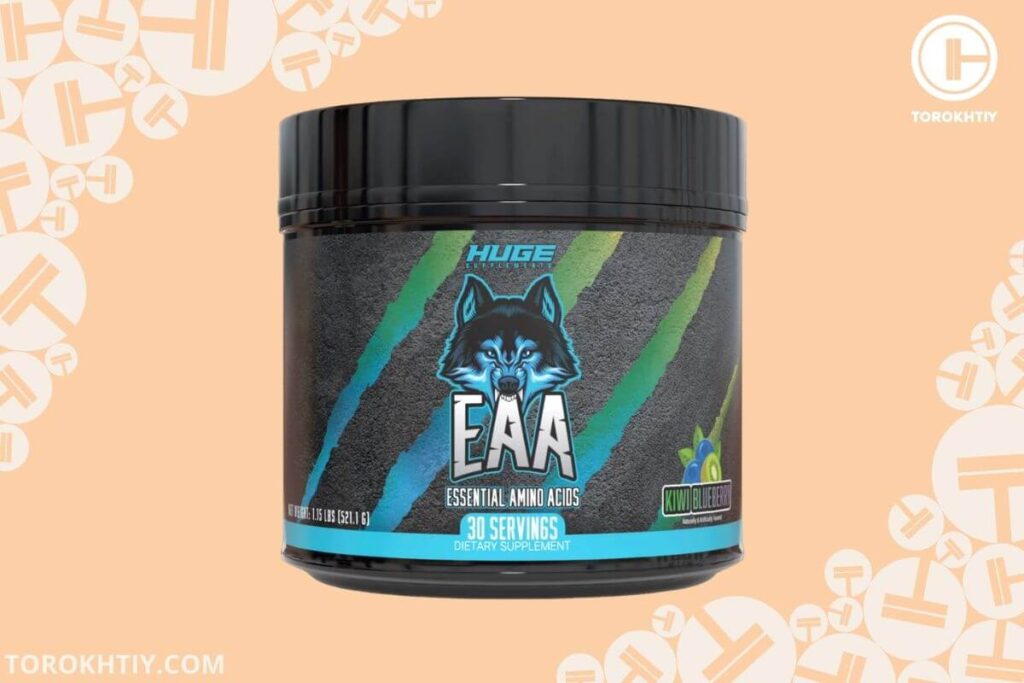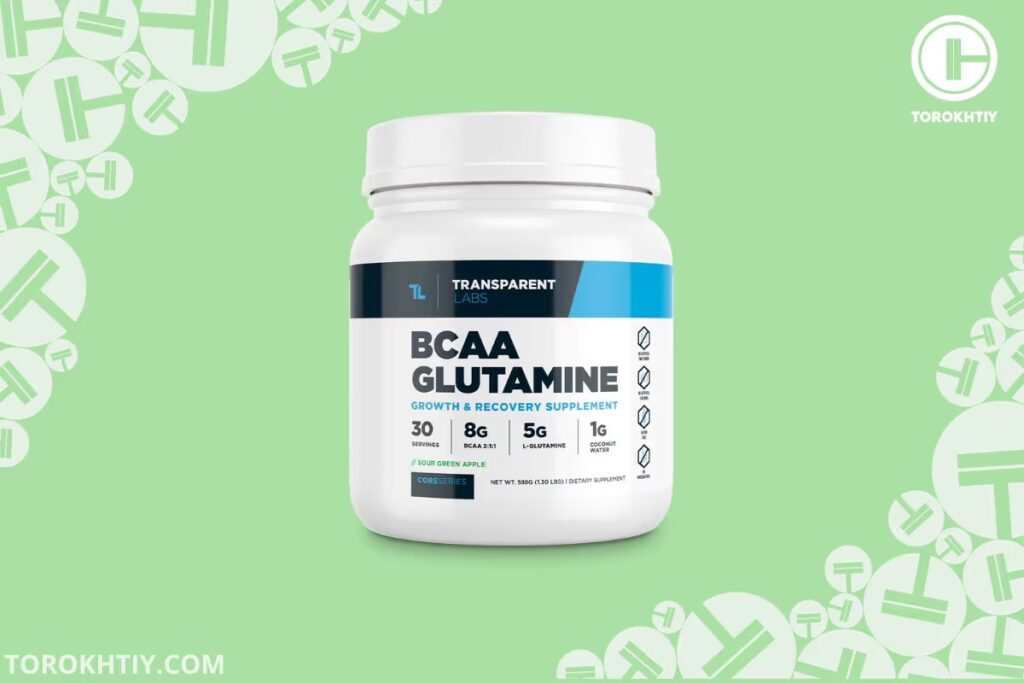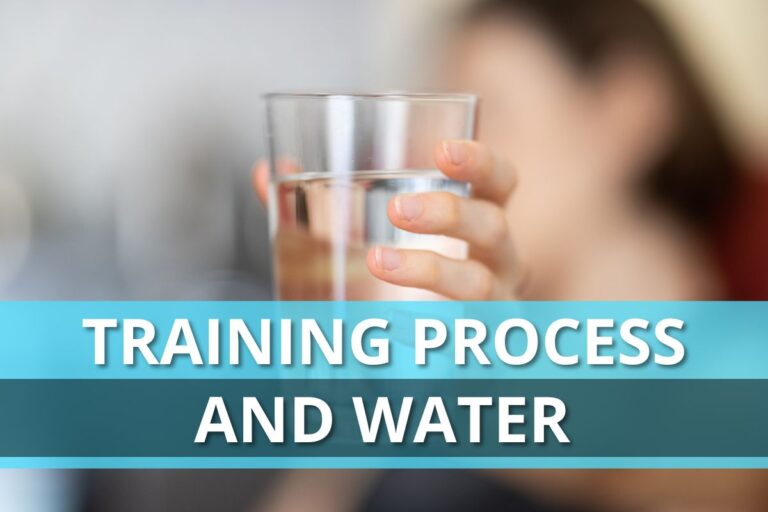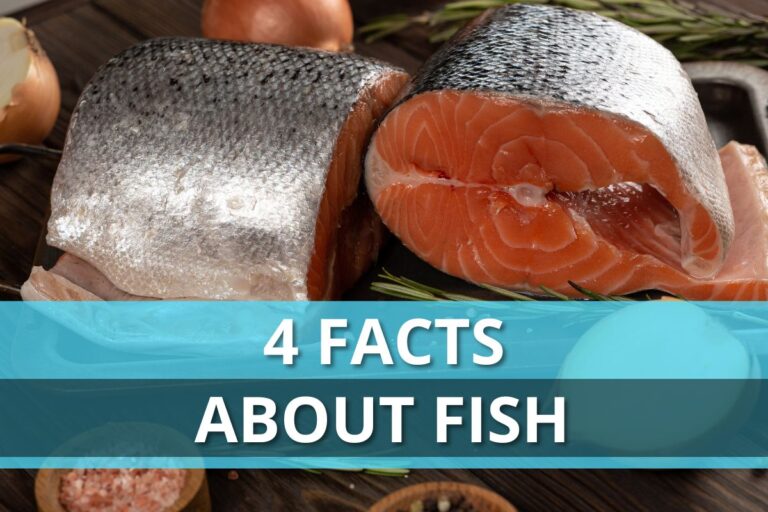EAA vs BCAA: Is Either Amino Acid Supplement Worth the Money?
Are you curious about the difference between EAA vs BCAA?
Essential amino acids (EAAs) and branched-chain amino acids are very similar, with BCAAs being 3 of the 9 EAAs. While you can get BCAAs through an EAA supplement, BCAA-focused supplements will typically have higher doses.
While these supplements are unnecessary for most people, they may be beneficial for older people, vegans, and endurance athletes.
If you’re interested in taking an EAA supplement, check out Huge’s EAA (which contains EAAs). For a high-quality BCAA, consider Transparent Labs BCAA Glutamine.
EAA vs BCAA: The difference between EAAs and BCAAs is while BCAA supplements only contain 3 amino acids, EAAs have all 9 essential amino acids. Most people with adequate protein intake get enough EAA/BCAA in their diet. Yet, older people, vegans, and endurance athletes may all benefit from EAA/BCAA.

What Is EAA?
EAA stands for essential amino acids. EAAs are the 9 amino acids that aren’t produced by the body, meaning we have to get them through diet. These include the 3 BCAAs (branched-chain amino acids), which will be covered more in-depth below.
Most people with adequate protein intake get more than enough EAAs through their diet, making supplementation unnecessary. However, it may have some applications for specific populations.
First, a study conducted on older people with low physical function found that EAA supplementation was beneficial. It was shown to improve walking ability, grip strength, and leg strength, as well as reduce fat mass. With these findings in mind, it’s thought that EAA supplements are an effective way to help older people meet their protein intake.
Another group that may benefit from EAA intake is vegans. Because it can be difficult to get high-quality sources of complete protein on a vegan diet, EAAs may be useful for supplementing protein intake. However, most vegans would be better off simply consuming more sources of complete protein, such as soy, chia seeds, or brown rice.
Athletes may benefit from EAAs because of their ability to help stimulate muscle protein synthesis. With that being said, amino acids can be found in most protein sources, meaning you’re likely better off eating a protein-rich meal rather than supplementing with EAAs.
Endurance athletes may specifically benefit from EAA supplementation because of BCAA’s potential effect on fatigue. Of course, these effects could be duplicated by a BCAA supplement as well, and likely through a high-protein meal rich in amino acids as well.
Many EAA supplements also contain a solid electrolyte blend, making them potentially beneficial as a rehydration/intra-workout supplement. Look out for sodium, potassium, calcium, and magnesium on a product’s label to see if it has electrolytes. This could make these supplements a good low-calorie alternative to sugary sports drinks.
EAAs are completely safe for human consumption, at least in reasonable amounts. Even if the effects are minimal, beyond the cost there will be no downside to taking this supplement either. It’s worth noting that many EAA supplements do contain artificial flavors and dyes, which may be something you choose to avoid.
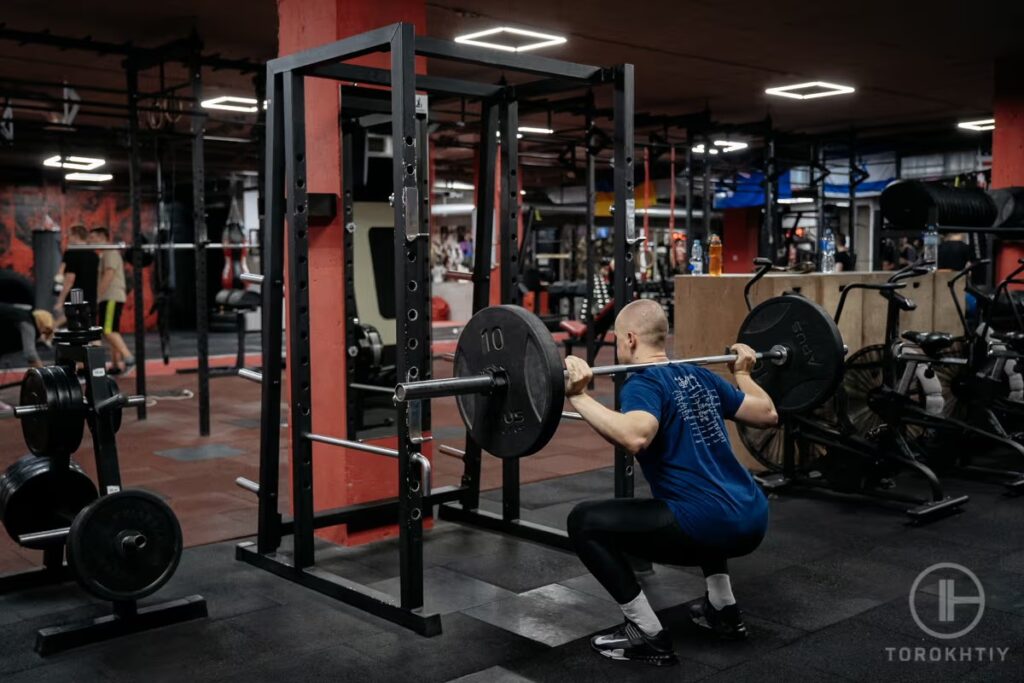
What Is BCAA?
BCAAs is an acronym for branched-chain amino acids. The 3 BCAAs are leucine, isoleucine and valine. They get their name from their chemical structure, which gives them a “branched” appearance. BCAAs are especially relevant when it comes to exercise performance, as they provide between 3-18% of all workout energy.
BCAAs make up 3 of the 9 essential amino acids. Because EAAs contain BCAAs, most of the benefits found from BCAAs can be found in EAAs as well. These 2 supplements are very similar, which makes comparing them somewhat difficult.
BCAAs are much more commonly used in sports for their effects on recovery and possibly delaying fatigue. While BCAAs have been shown to improve endurance athlete’s performance in some studies, other studies have indicated no improvement. This makes it difficult to draw definitive conclusions about the use of BCAAs for this purpose.
As mentioned in the section on EAAs, most people get more than enough BCAAs through diet already, at least if they consume enough protein. Recommended daily intake is 9g for women and 12g for men per day.
This is slightly more than you’ll find in a standard serving of a BCAA supplement. For people who already get enough BCAAs through their diet, the benefits to their training will likely be minimal at best.
Similar to EAAs, this supplement may be most useful to vegans who are not getting enough BCAAs in their diet. Vegans may consider taking BCAAs alongside food in order to improve their daily amino acid intake.
While it may be useful to fortify protein intake for vegans, they would likely be better off reworking their diet rather than relying on a BCAA supplement. Some vegan foods rich in BCAAs include chickpeas, almonds, cashews, lentils, and corn.
Like EAAs, BCAA supplements will also regularly contain electrolytes, making them beneficial for hydration. Because of their sweet taste and low calories, electrolyte-rich BCAA supplements can be a great alternative to sugar-filled sports drinks.
Similar to EAAs, BCAAs are considered completely safe for consumption. Also like EAAs, many BCAAs will contain artificial ingredients, which some people will prefer to avoid.
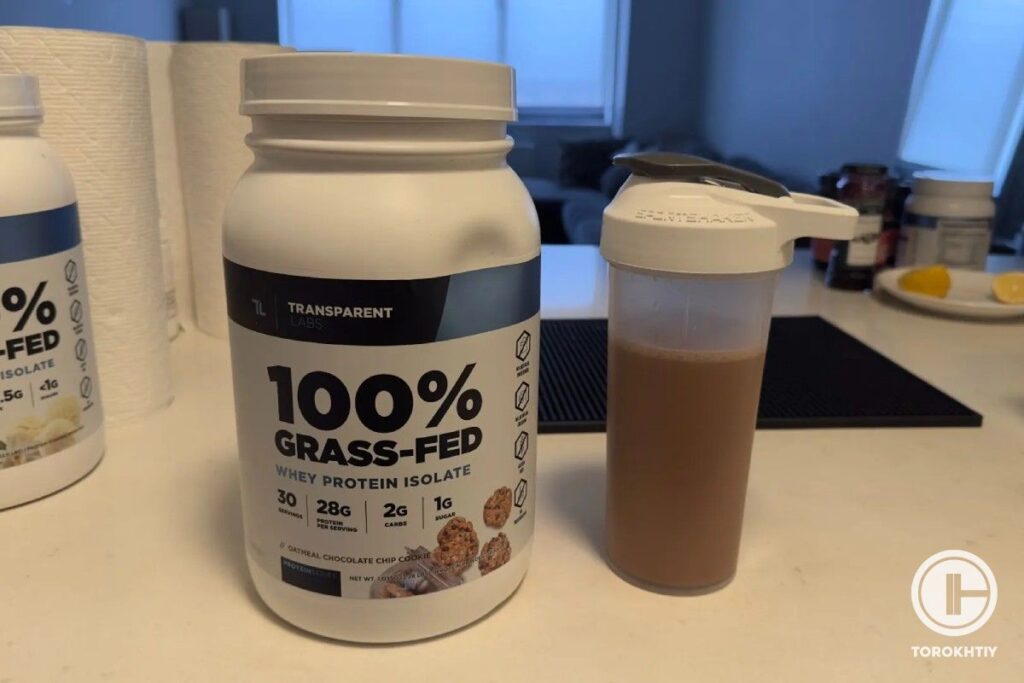
EAA vs BCAA
BCAAs and EAAs are very similar products, making it somewhat difficult to compare them. Because EAA supplements contain BCAAs, the benefits of both these supplements will be very similar. However, we’ll be comparing them below based on factors like price, effectiveness, and flavor/texture.
| Type | Price | Effectiveness | Flavor/Texture |
|---|---|---|---|
| EAA | Using Huge EAA: ~$1.60/serving | EAAs have been shown to help older people maintain physical strength. Otherwise, it will provide many similar benefits to BCAAs | Although amino acids don’t have a very pleasant flavor on their own, both EAAs and BCAA commonly come in the form of sweetened, flavored powders, giving them the flavor and texture of a sports drink |
| BCAA | Using Transparent Labs BCAA Glutamine: ~$1.33/serving | While BCAAs are likely beneficial to vegans and endurance athletes, many of their benefits are likely found through diet alone. |
1. Price
Both EAAs and BCAAs come at similar price points. The EAA supplement we recommend, Huge EAA, comes in at around $1.60/serving; the BCAA supplement we recommend, Transparent Labs BCAA Glutamine, is slightly cheaper at around $1.33/serving.
Both EAAs and BCAAs are fairly expensive considering their limited uses. For reference, you can get a high-quality protein powder, or pre-workout for similar prices. You can also get creatine, one of the most scientifically-backed sports supplements for a fraction of the price.
2. Effectiveness
Because they’re so similar, BCAAs and EAAs will have very similar levels of effectiveness. While EAAs have been shown to help with older people’s physical ability, BCAAs would likely produce similar results.
Both supplements are likely most beneficial for endurance athletes and vegans. However, vegans especially may benefit just as much – if not more – from including more protein-rich foods in their diet instead.
It’s worth noting that if either of these supplements contain additional electrolytes, they may be useful as a hydration supplement to take either intra or post-workout. Keep an eye out for sodium, potassium, calcium, and magnesium on product labels. They may also contain coconut water powder, which is a rich source of electrolytes.
3. Flavor/Texture
One of the main draws of EAAs and BCAAs supplements is their sweetened, sports drink flavor. Most BCAA and EAA supplements will come in a wide array of flavors, making them great for a low-calorie alternative to sugary sports drinks, especially if they contain an electrolyte blend.
Just keep in mind that the colors and flavors from EAAs and BCAAs are often made using artificial dyes and sweeteners.
EAA vs BCAA: Summary
The differences between BCAA vs EAA are incredibly minimal. Because they’re so similar, it’s difficult to say which one is superior.
While EAAs are slightly more expensive, BCAAs are very comparable in price. Their effects will be nearly identical, although the 6 additional amino acids provided by EAAs may be more beneficial for dietary supplementation. In terms of taste, the 2 supplements will also be virtually identical.
They may also provide some hydration benefits if they contain an electrolyte blend.
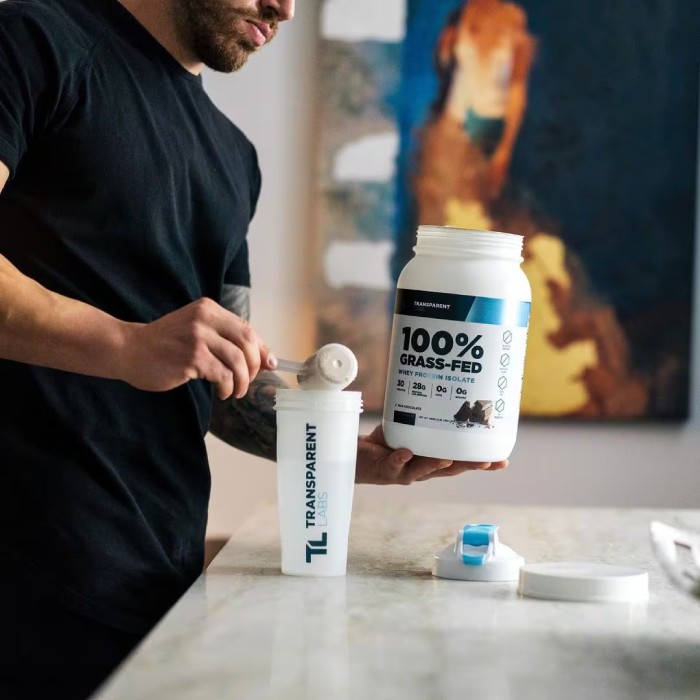
Ultimately, for the vast majority of people, neither of these supplements will be that worthwhile. Instead, consider buying a high-quality protein supplement. Whey protein contains all 9 essential amino acids, and will also provide you all the benefits of a complete dietary protein source.
While it’s up to you, your money would likely be better spent on a whey protein powder instead of BCAAs or EAAs. If you’re interested in a great whey protein powder, consider Transparent Labs Whey Isolate.
Pros/Cons of EAA
Positives:
Could be better:
Pros/Cons of BCAA
Positives:
Could be better:
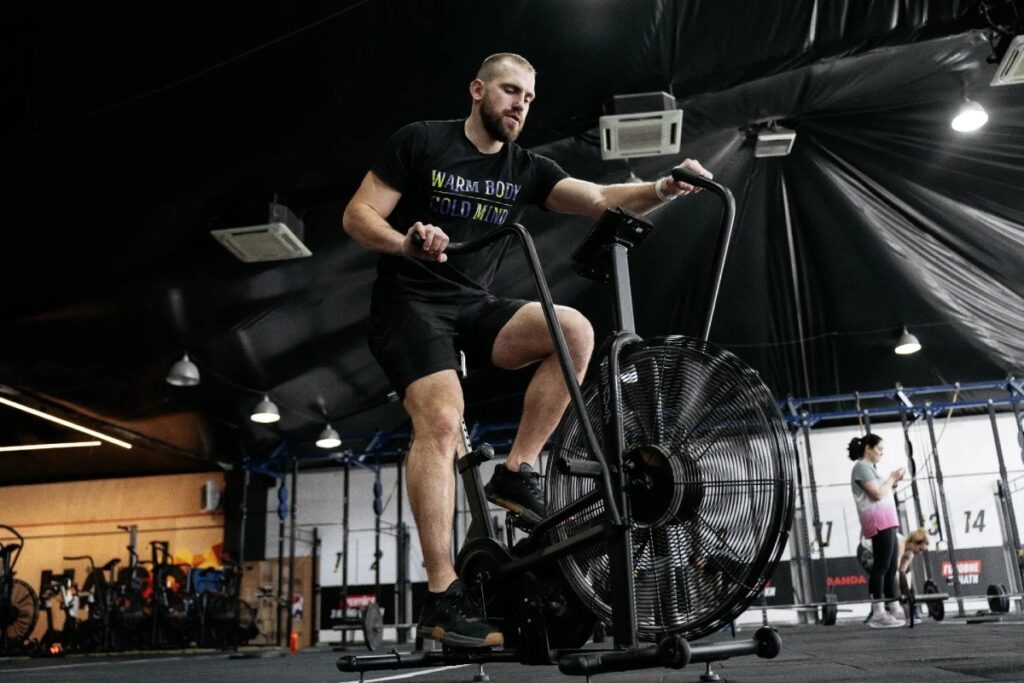
EAA Vs BCAA: When To Use Each
Both BCAAs and EAAs will have very similar use cases. As we’ve mentioned, most people do not need either of these supplements if they get enough amino acids through their diet. Most people would likely benefit greatly from a high-quality protein supplement instead.
However, if someone is looking to supplement their diet with either of these supplements, we recommend taking them alongside food to fortify your protein intake. If you’re looking to take either for athletic performance, we recommend taking them directly before your workout.
Finally, if you plan on taking them for hydration, drink them either directly post-workout, or intra-workout if you’re exercising for longer than 1 hour.
As always, follow the instructions on the package if you’re unsure of how to use them. Typically, you will mix 1 scoop of BCAAs/EAAs with 1-2 cups of water. While there shouldn’t be any health risks associated with these supplements, consult with your doctor before use if you’re concerned.
Best EAAs – Huge EAA
If you’re looking for a high-quality EAA supplement, consider trying Huge EAA. It also contains solid doses of the 6 additional EAAs. You’ll be getting between 150-500mg of each EAA in each serving.
This supplement contains 5g of the additional ingredient L-Glutamine, which is a non-essential amino acid. This ingredient has been shown to increase time to exhaustion and exercise recovery with consistent supplementation. However, similar to the other EAAs, most people likely get plenty of L-Glutamine through their diet already.
This supplement does come with a solid blend of electrolytes including sodium, potassium, and calcium, making it great for hydration. These electrolytes may be present because of the inclusion of coconut water powder. It also comes in 4 unique flavors, making it a great sports drink alternative.
As mentioned earlier, this product is somewhat expensive at around $1.60/serving. It also contains some artificial ingredients, which you may prefer to avoid.
Best BCAAs – Transparent Labs BCAA Glutamine
Next, if you’re looking for a BCAA-only supplement, check out Transparent Labs. If you’re unfamiliar with Transparent Labs, they’re one of the most reliable supplement brands around, consistently producing high-quality products. Let’s see how their BCAA supplement compares to Huge’s EAAs.
You’ll be getting an equivalent amount of BCAAs with 8g per serving. This product does not contain any of the additional 6 EAAs.
Also similar to Huge, you’ll be getting 5g of Glutamine per serving with this supplement. As mentioned above, this may have some applications for recovery and performance. However, most people likely get enough of this non-essential amino acid through their diet already.
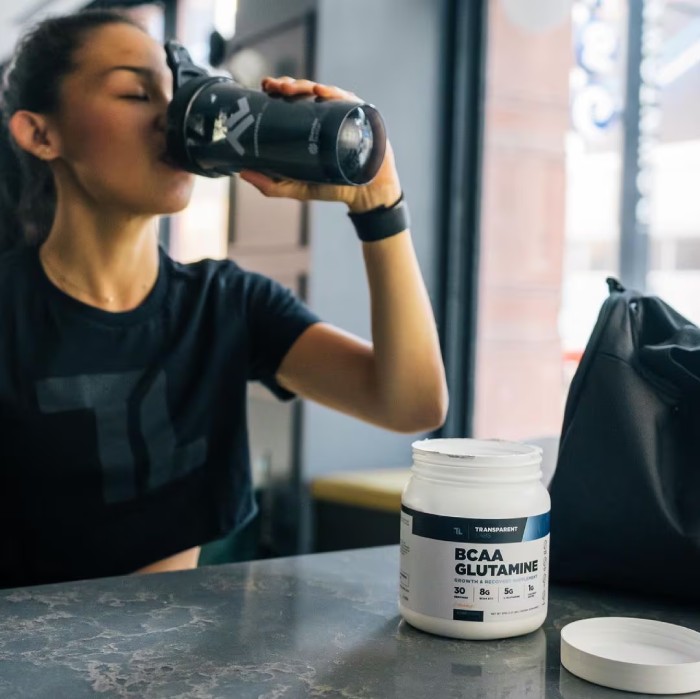
Although Transparent Labs doesn’t list the specific mix of electrolytes their BCAAs contain, it does have 1g of coconut water powder. With this ingredient being a source of sodium, magnesium, calcium, potassium, and phosphorus, there’s certainly a decent blend of electrolytes in this product. There’s also a solid blend of 4 different flavors to choose from.
At around $1.33/serving, they are slightly cheaper than Huge’s EAAs. Also, like all Transparent Labs products, there are no artificial ingredients whatsoever in these BCAAs. This makes them fairly unique for a flavored amino acid supplement!
FAQ
Are EAA Better Than BCAA?
Because it contains the additional 6 essential amino acids, EAAs will be a more complete way to fortify a diet than BCAAs. However, they will likely deliver similar results in this regard. Overall, neither is necessary for the vast majority of people who already get enough protein in their diet.
Should I Take EAA And BCAA?
No, if you’re taking EAA, you’re already getting plenty of BCAAs, making an additional BCAA supplement unnecessary. With that being said, most people will not need to take either of these supplements, let alone both of them.
Does EAA Help Build Muscle?
While getting enough EAAs is a vital part of building muscle, most people already get more than enough through their diet alone. This makes supplementation largely unnecessary for building muscle.
Some exceptions include vegans and older people who don’t get enough high-quality protein in their diet. For most people who don’t get enough EAAs, a high-quality whey protein supplement would be more effective for building muscle.
Should You Take EAA/BCAA Or Whey Protein?
Because whey is a complete protein source, it contains all 9 essential amino acids. This makes supplementation with EAAs or BCAAs largely unnecessary. Whey protein is a great option for supplementing your diet with more protein, and will likely provide more benefits to your health and performance than EAAs or BCAAs. If you’re vegan, soy protein is also a complete protein, making it a great alternative to whey.
Conclusion
Overall, the difference between BCAA and EAA supplements is very minor. With EAAs containing BCAAs, you will likely get the same benefits out of both of these supplementations. While the majority of people do not need to supplement with amino acids, they may be beneficial for older people, vegans, and endurance athletes. However, most people considering branched-chain amino acids or essential amino acids would be better off just buying a high-quality whey protein instead.
With this being said, if you’re still interested in EAAs or BCAAs, we recommend checking out Huge EAA, or Transparent Labs BCAA Glutamine. If you want a high-quality whey protein instead, consider Transparent Labs Whey Isolate.
Were you aware of the difference between Essential Amino Acids vs BCAAs? Did you notice any difference in your performance? What’s your opinion on these supplements? Let us know your thoughts in the comments below!
Also read:
- Best Electrolyte Drink to Prevent Muscle Cramps
- Best Electrolyte Powder for Runners
- Best Keto Electrolyte Supplements
- Best No Flavor Electrolyte Powder
- L Glutamine or Bcaa
- Bcaa With Beta Alanine
- Best Electrolyte Powder
- Best Nac Supplement
- Best EAA Supplement
- Best Amino Acid Supplements
References:
- Gohar Azhar, “Daily Consumption of a Specially Formulated Essential Amino Acid-Based Dietary Supplement Improves Physical Performance in Older Adults With Low Physical Functioning”, NCBI, https://pubmed.ncbi.nlm.nih.gov/33475727/ (Accessed 2021 Jun 14)
- Theocharis Ispoglou, “The efficacy of essential amino acid supplementation for augmenting dietary protein intake in older adults”, Cambridge, https://bit.ly/3PzMCRQ (14 December 2020)
- “Vegan Protein Sources”, Campus Health, https://health.arizona.edu/sites/default/files/vegan_protein_source_list.pdf (Accessed Oct 20, 2016)
- Melvin H. Williams, “Dietary Supplements and Sports Performance”, DigitalCommons, https://digitalcommons.odu.edu/cgi/viewcontent.cgi (2005)
- “Fueling Ultraendurance Athletes”, StudentHealth, https://studenthealth.ucsd.edu/_files/resources/health-topics/sports-nutrition/ultraendurance.pdf (2006)
- Starkie Sowers, “A Primer On Branched Chain Amino Acids”, HUHS, https://www.huhs.edu/literature/BCAA.pdf (2009)
- “BRANCHED-CHAIN AMINO ACIDS (BCAA)”, AIS, https://www.ais.gov.au/__data/assets/pdf_file/0013/1000417/36182_Supplements-fact-sheets_BCAA-v4.pdf (Last updated March 2021)
- “BCAAs for Women: What You Need to Know”, Lionel, https://blog.lionel.edu/bcaas-for-women, https://blog.lionel.edu/bcaas-for-women
- Marjorie Geiser, “The Wonders of Whey Protein”, SidearmSports, https://bit.ly/466RULK
- Tavis Joseph Piattoly, “L-glutamine supplementation: effects on recovery from exercise”, LSU, https://repository.lsu.edu/cgi/viewcontent.cgi (2005)
Why Trust Us?
With over 20 years in Olympic Weightlifting, our team does its best to provide the audience with ultimate support and meet the needs and requirements of advanced athletes and professional lifters, as well as people who strive to open new opportunities and develop their physical capabilities with us.
By trusting the recommendations of our certified experts in coaching, nutrition, dietology, and sports training programming, as well as scientific consultants, and physiotherapists, we provide you with thorough, well-considered, and scientifically proven content. All the information given in the articles concerning workout programming, separate exercises, and athletic performance, in general, is based on verified data. We ensure that you can rely on our professionals’ pieces of advice and recommendations that can be treated as personalized ones which will benefit you and fully meet your needs.
The product testing process is described in more detail here
Author: Oleksandr Maksymenko
Certified Sports Nutritionist,
MSc Sports Dietetics
Specializing in: Weight management, Fitness / Sports nutrition
Oleksandr is a professional fitness nutritionist certified by the Fitness Professional Association (FPA). He follows the principles of evidence-based dietetics and fosters a healthy relationship with food in his clients, ensuring there are no strict prohibitions on their favorite foods or frequent lapses. His primary goal is not only to achieve results for you but also to sustain them over the long term, all while enjoying tasty and delicious food.

